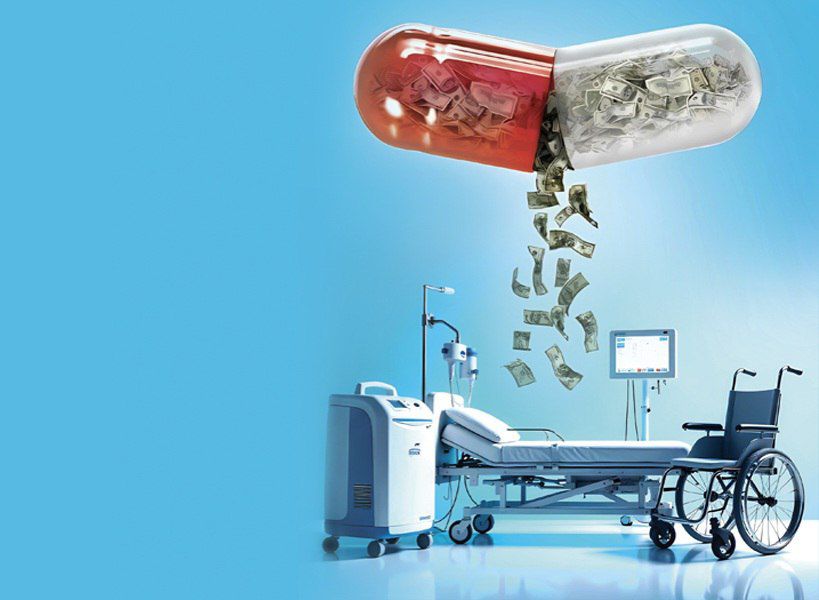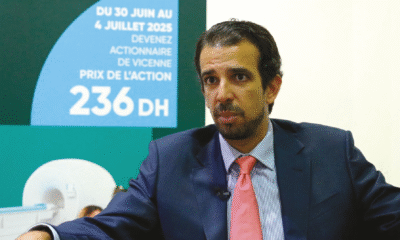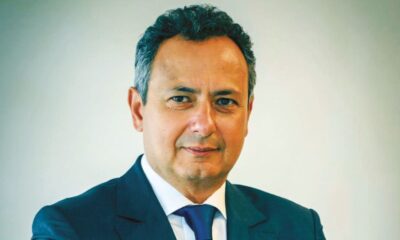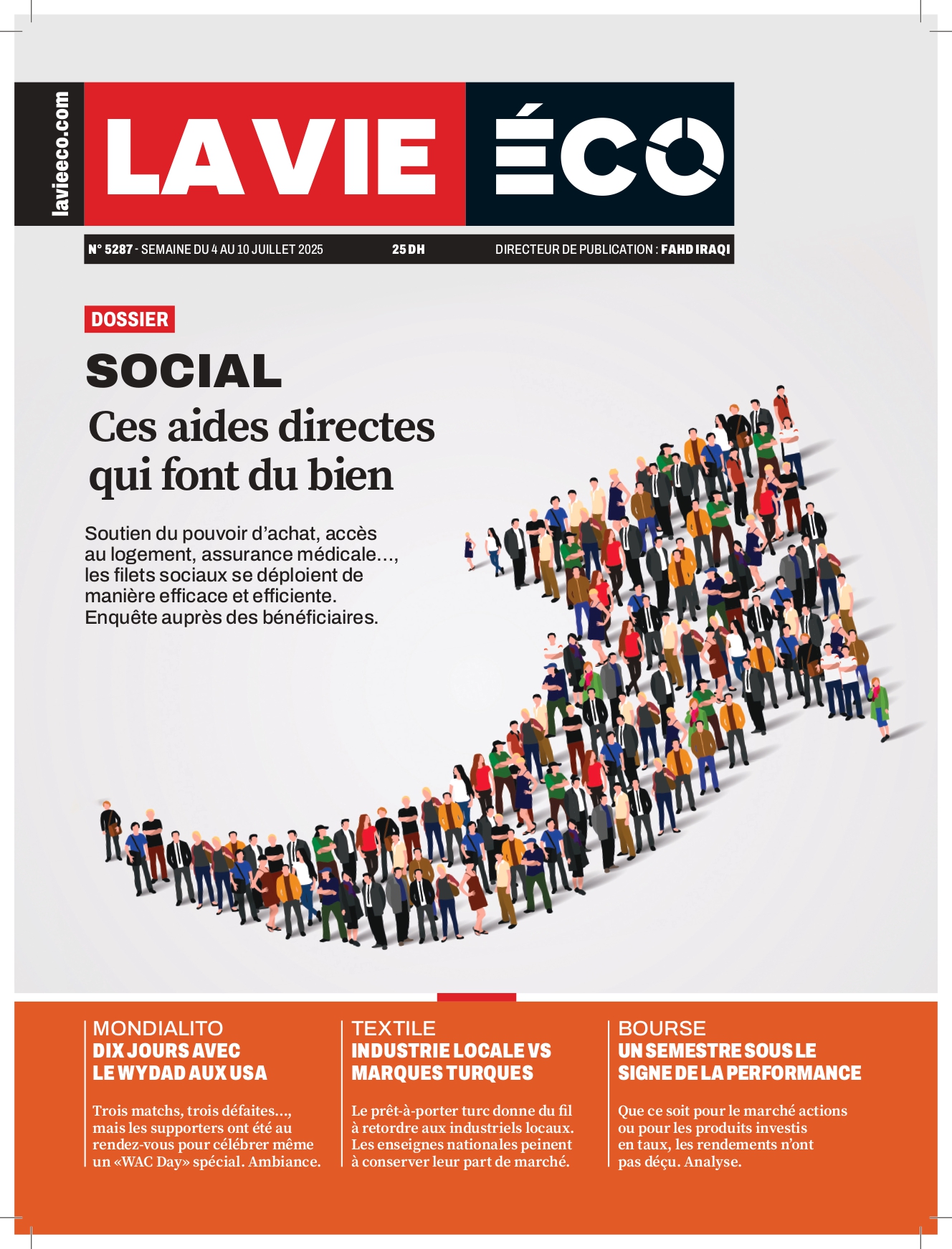Business
Medical Equipment: A Market in Full Bloom
The market is expected to reach nearly 6 billion dirhams by 2027, driven by significant investments made in medical infrastructure and rising healthcare spending. The best-structured groups are gearing up to capture this growth.

The IPO of Vicenne shines the spotlight on a sector until now little known, that of medical equipment. Richer in technological content and with higher added value than traditional medical devices (called consumables in the jargon), the sector is currently booming.
It must be said that the context is particularly favorable, at a time when the Kingdom is engaged in a profound reform of its healthcare system, resulting in a noticeable increase in spending and investments in this area.
And there are unmistakable signs of the sector’s health: just look at how private equity funds, generally fond of unlisted companies with high growth potential, as well as some institutional investors and funders, have cast their eyes on this market to take stakes in the country’s most prominent companies.
In 2018, for example, it was the Amethis fund, belonging to the Edmond de Rothschild group, which entered the capital of Vicenne (formerly Best Health), a subsidiary of the Best Financière group of Zouhair Bennani specializing in the distribution and installation of technological medical equipment for hospitals and clinics.
The entity, which is now going public through a capital increase at a price of 236 dirhams per share, harbors great growth ambitions in Morocco and Africa. In 2021, Helios Investment Partners, an investment fund based in London, took a majority stake in the T2S group, a leader in the distribution of medical equipment in Morocco and French-speaking Africa.
In July 2023, Vantage Capital, a mezzanine fund manager in Africa, announced a capital investment of 30 million euros to acquire a minority stake in Promamec, a Moroccan company specializing in the production and marketing of medical devices and equipment.
More recently, insurer Sanlam invested 150 million dirhams in the Dislog group of Moncef Belkhayat, which already counts investors such as SPE Capital, Mediterrania Capital Partners, and CDG Invest among its shareholders, to accelerate the development of its health division, particularly the medical devices business.
Race for External Growth
These private equity movements are accompanied by numerous external growth operations carried out in recent years by the best-structured Moroccan players in the sector. A trend that reflects the vitality of the sector and heralds a movement of concentration and a race for critical size in a still fragmented market.
Among these operations, one can cite the 2020 acquisition by Vicenne (formerly Best Health) of Mabiotech, a distributor of in vitro diagnostic devices and reagents for medical laboratories. In 2022, Saiss Environnement, a company specialized in the collection, management, and treatment of medical waste, fell into Vicenne’s portfolio.
On the Dislog group side, the appetite for acquiring entities specialized in medical equipment is just as strong. In 2024, the group acquired 75% of Megaflex, a company specializing in the distribution and maintenance of automates and reagents used by medical analysis laboratories, for 160 million dirhams.
Very recently, in April 2025, Moncef Belkhayat’s group acquired 70% of Afrobiomedic, a specialist in cardiology medical devices.
And it’s not over! The best-structured groups plan to continue their shopping sprees and are on the lookout for opportunities to acquire small gems in medical equipment, in order to become integrated national champions covering the main needs of modern medicine (medical biology, cardiac surgery, ENT, oncology…).
Growth ambitions also concern Africa, where some Moroccan players are already active. Vicenne, for example, already has subsidiaries in Tunisia, Côte d’Ivoire, and Senegal. T2S has a subsidiary in Côte d’Ivoire and has entered into sub-distribution agreements with several countries on the continent, including Guinea, Mali, Gabon, and Cameroon.
For these groups, especially those welcoming private equity funds into their shareholder base, going public now seems like a necessary step. Vicenne is thus taking the plunge, and the funds raised will largely be used to finance new acquisitions. Dislog also plans to list several of its entities, including Dislog Medical Devices.
A Market That Will Double in Size
All this excitement and major capital maneuvers are explained by the promising growth prospects offered by this sector. Over the period 2017-2027, the medical equipment market is expected to record an average annual growth rate (CAGR) of 8.1%, rising from 2.7 billion dirhams in 2017 to 5.9 billion dirhams in 2027, thus doubling in size over 10 years.
It must be said that the health sector in Morocco is undergoing a major transformation phase, marked by demographic, epidemiological, technological, and regulatory transitions that make the medical equipment sector particularly attractive.
Indeed, the increase in life expectancy and the decline in birth rates tend to favor population aging, thereby driving strong growth in healthcare consumption. Also, public and private health establishments are significantly investing in modern medical equipment with a strong technological component to meet growing demand for quality care.
The development of health infrastructure is also part of an ambitious national strategy full of opportunities. In addition to the successful rollout of mandatory health insurance by the government, the GST reform, which aims at health management at the regional level, should boost public procurement.
Overall, health expenditures are on an upward trajectory. Over the period 2010-2019, public health spending grew at a CAGR of 5.1%, reaching 16.3 billion dirhams in 2019. Since 2020, the growth rate of these expenses has been more sustained. They are budgeted at 32.6 billion dirhams in 2025, representing a CAGR of 12.2% over the 2019-2025 period. “All indicators are green,” summarizes Adnane Zerhouni, CEO of Vicenne.
Imports, Partnerships, and Training
The Moroccan market for advanced medical equipment is fundamentally an import market, with local production limited to certain disposable products (syringes, dressings, etc.).
The most developed Moroccan groups establish import contracts, often exclusive, with major global suppliers of advanced medical equipment, notably American, German, French, and even Asian. Among these world-class brands are Philips, Elekta, Beckman Coulters, Abbott, GE Healthcare, Sysmex, Braun, Siemens, etc.
These partnerships provide complete premium medical device solutions, adapted to the requirements of public and private establishments. But, as a sector professional points out, import and distribution represent only part of the value chain.
Tailored support and consulting services for healthcare professionals, to ensure optimal use of equipment, are also at the heart of the value chain. This involves providing users, through teams of engineers and technicians, with the best support throughout the life cycle of their investment, which can amount to several million dirhams for some equipment. Specialized training is also provided.







